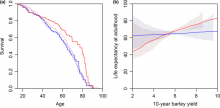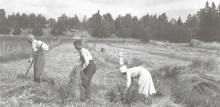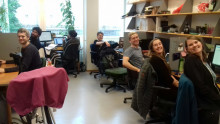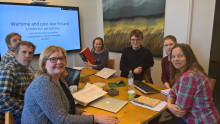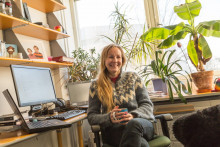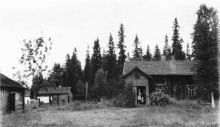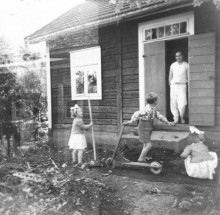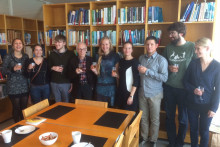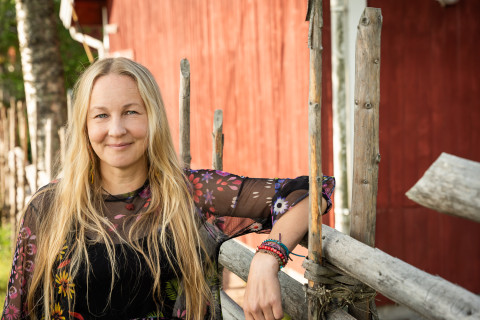
Professor of Evolutionary Biology Virpi Lummaa from the University of Turku in Finland has received a major funding from the European Research Council ERC. Lummaa received the funding for a research project that focuses on how major societal changes in the past 300 years have influenced human kinship networks and how they, in turn, have influenced the evolutionary fitness of people in the 18th to 20th century Finland. Lummaa also investigates the same questions in Asian elephants, which have suffered from declines in population size during the past 50 years due to human influence.
European Research Council has granted nearly €2.5 million in Advanced Grant funding to Professor Virpi Lummaa. This five-year personal research grant is for established researchers who are principal investigators and have a track-record of significant research achievements in their career. This is Lummaa’s third ERC-grant, as she has already received the Starting Grant and Consolidator Grant from the European Research Council.
“This ERC grant helps us discover how societal changes in kinship and social networks in humans as well as other long-lived species living naturally in family communities are connected to lifelong measures of health, well-being, and reproduction. This theme is topical, and we are investigating it with interdisciplinary means,” says Lummaa.
“ERC Advanced Grant is one of Europe’s most competed fundings where the research idea must be of international top-quality. We offer extensive support for ERC calls at the University’s Research Services so that our researchers could be successful in obtaining these grants,” says Research Funding Specialist Kirsi Kanerva from the University of Turku.
Lummaa received the grant for a research project that studies kinship networks of different generations collected from Finnish church records as well as digitised information about Karelian evacuees’ later life events and social connections at their new places of residence. The long-term dataset on Asian elephants in Myanmar collected by Lummaa’s research group enables the study on how broken friendships influence different measures of health and well-being.
“These datasets are rather unique as war evacuations and transfers of work elephants from one group to another provide researchers with an exceptional opportunity to study how changes in social networks impact an individual’s later life. Having recorded long-term data before and after the change in social connections is rare,” Lummaa continues.
Lummaa is the director of the Human Diversity research consortium that focuses on interdisciplinary research on how human contacts influence culture, language and genetics. The Research Council of Finland has granted funding for the research consortium for 2023–2028 in the Profi 7 call that supports research profiling of universities. Cultural memory and social change is one the six strategic research and education profiles of the University of Turku.
University of Turku PRESS RELEASE News 21.9.2023

